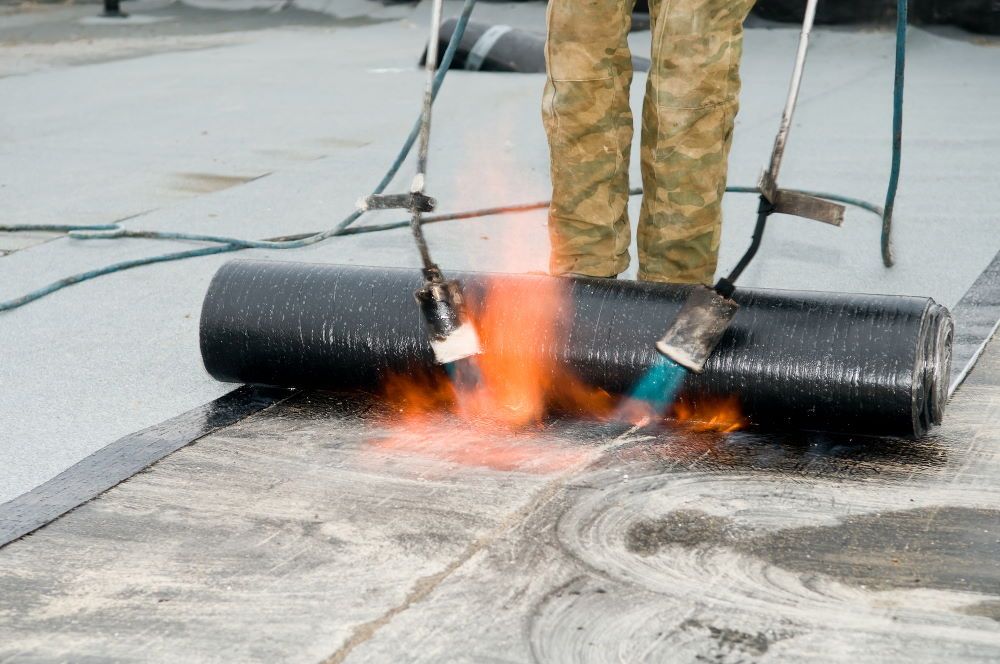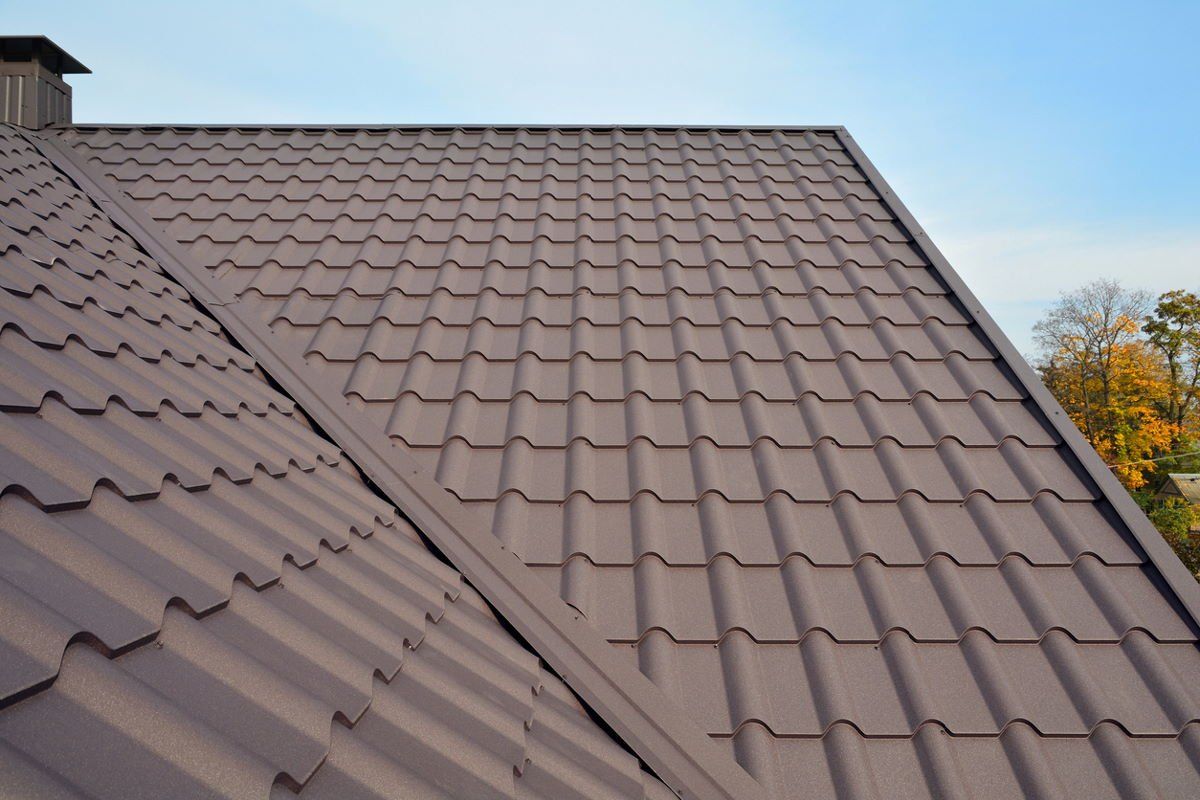How Weather Affects Your Choice in Roofing Materials
Introduction
When it comes roofing contractors to roofing, one must consider a multitude of factors, and none is more significant than the weather. The climate not only influences the longevity and effectiveness of the roofing material but also affects your choice of contractors and services. Whether you are looking for residential roofing services or commercial roofing services, understanding how weather impacts your decision can save you time, effort, and money. This article delves into how different weather conditions dictate your choice in roofing materials, the importance of hiring licensed roofing contractors, and everything else you need to know to make an informed decision.
How Weather Affects Your Choice in Roofing Materials
The primary role of a roof is to protect your home from external elements like rain, snow, wind, and sun. However, certain roofing materials perform better under specific weather conditions. For example:
1. Climate Zones: Understanding Your Environment
- Tropical Climates: High humidity and heavy rainfall.
- Temperate Climates: Moderate rain with seasonal changes.
- Arid Climates: Low humidity, lots of sunshine.
- Cold Climates: Snow and ice accumulation.
Your geographical location dictates which roofing material would be best suited for your home.
2. Temperature Extremes: Material Performance
Extreme temperatures can lead to expansion and contraction in roofing materials:
- Metal roofs can warp in high heat.
- Asphalt shingles may become brittle in extreme cold.
Choosing a material that can withstand temperature fluctuations is crucial for durability.
3. Precipitation: Rain, Snow, and Hail
Roofing materials must be effective against various forms of precipitation:
- Hail Damage Roof Repair: Certain roofs like metal are less susceptible to hail damage compared to shingles.
- Snow Load Considerations: Steeper roofs help prevent snow accumulation.
Understanding local weather patterns helps decide the roof design as well as materials.

4. Wind Resistance: Choosing Wisely
Regions prone to strong winds require durable materials:
- Shingle roofs need proper installation to avoid being blown away.
- Metal roofs often have better wind resistance.
Assessing local wind speeds will guide you toward selecting appropriate roofing solutions.
5. UV Radiation: Protecting Your Investment
In sunny areas, UV rays can deteriorate materials over time:
- Reflective coatings on flat roofs can minimize heat absorption.
- Certain shingle types come with UV protection.
Selecting UV-resistant materials ensures longevity.
6. Local Building Codes: Compliance Matters
Each region has codes dictating acceptable roofing types based on local weather concerns:
- Consult with certified roofing contractors regarding compliance.
- Non-compliance can lead to costly fines or forced replacement later on.
Being aware of building codes saves hassle down the line.

Choosing the Right Roofing Material Based on Weather Factors
7. Asphalt Shingles: Popular Yet Vulnerable
Asphalt shingles are prevalent due to their affordability but may not withstand extreme climates well:
- They may curl or crack under excessive heat or cold.
- Consider upgrading if you're located in a harsh climate zone.
8. Metal Roofing: Durable and Versatile
Metal roofs offer excellent longevity; they resist fire, rot, and insect damage:
- Ideal for both hot and cold climates due to thermal properties.
- Requires expert installation by licensed roofing contractors for optimal performance.
9. Tile Roofing: Aesthetic Appeal Meets Durability
Tile roofs provide an aesthetically pleasing option while offering good insulation against heat:
- They are heavy; thus requiring reinforcement on older buildings before installation.
- Not ideal for regions with frequent hail storms unless specifically designed for it.
10. Flat Roofs: Practicality with Caution
Flat roofs are common in commercial settings but pose challenges in drainage:
- They require specialized maintenance services to manage water pooling effectively.
- Regular inspections are vital for preventing leaks over time.
Key Considerations When Hiring Roofing Contractors
11. Importance of Experience in Weather Adaptation
Choosing experienced contractors adds value since they understand local climates’ unique challenges:
- Look for reviews mentioning specific weather-related projects completed successfully.
12. Licensed vs Certified Roofing Contractors
Make sure to differentiate between licensed and certified professionals; both aspects ensure quality workmanship:
- Licensed means they meet state requirements; certified signifies expertise with specific products or systems.
13. Emergency Roofing Services Availability
Weather doesn’t wait; having access to emergency roof repair services is essential for immediate problems:
- Ensure your contractor offers emergency services should sudden issues arise from storms or severe weather conditions.
Roof Maintenance Services Based on Weather Conditions
14. Seasonal Inspections: Staying Proactive
Conducting regular roof inspections helps identify potential problems before they escalate into costly repairs:
- Schedule inspections after severe weather events or season transitions (e.g., fall leaf buildup).
15. Roof Repair Services Tailored To Conditions
Different types of repairs may be necessary depending on the climate:
- Storm damage roof repair requires different techniques compared to routine maintenance like roof leak detection.
Cost Implications Based on Weather Concerns
16. Initial Roof Installation Costs vs Long-term Savings
Investing in durable materials might incur higher initial costs but can save money long-term through fewer repairs: | Material Type | Initial Cost | Longevity | Maintenance Cost | |---------------|--------------|-----------|------------------| | Asphalt | $100-$150 | 15-20 yrs | Moderate | | Metal | $300-$700 | 40+ yrs | Low | | Tile | $500-$1,000 | 50+ yrs | Low |
Why Choose Long-lasting Materials?
Long-lasting materials reduce overall maintenance costs significantly over time while providing superior protection against weather elements.
FAQs About How Weather Affects Your Choice in Roofing Materials
1. What’s the best type of roofing material for extreme heat?
Metal roofs tend to reflect sunlight better than asphalt shingles and offer improved energy efficiency in hot climates.
2. Are there specific materials recommended for snowy regions?
Yes! Steep-sloped roofs made from metal or tile minimize snow accumulation effectively compared to flat surfaces which could lead to structural stress.
3. How often should I inspect my roof based on weather conditions?
Regularly inspect after significant storms or at least twice a year—once before winter and once during spring—to check for any wear that needs attention.
4. Can I install my chosen roof material myself?
While DIY installations save money upfront, expert installations by licensed contractors ensure proper fitting according to local building codes—especially crucial when considering climatic challenges!

5. What’s typically included in a roof inspection service?
A comprehensive inspection covers checking shingles/tiles for wear & tear along with assessing flashing integrity around chimneys & vents—addressing any potential leak sources proactively!
6. How do I determine my roof repair estimate accurately?
Contact several licensed roofing contractors who can provide detailed estimates roofing companies based on visual assessments combined with their professional experience regarding labor/material costs pertinent locally affected by climate realities!
Conclusion
Understanding how weather affects your choice in roofing materials is paramount when making informed decisions about your home's structure's safety and longevity! From selecting suitable materials tailored specifically towards regional climates down through ensuring proper installation techniques by qualified professionals—taking these considerations seriously pays dividends long-term! By working closely with certified experts who recognize nuances related directly tied back into environmental factors influencing durability—you’ll safeguard not just today but also tomorrow against unpredictable nature’s whims!